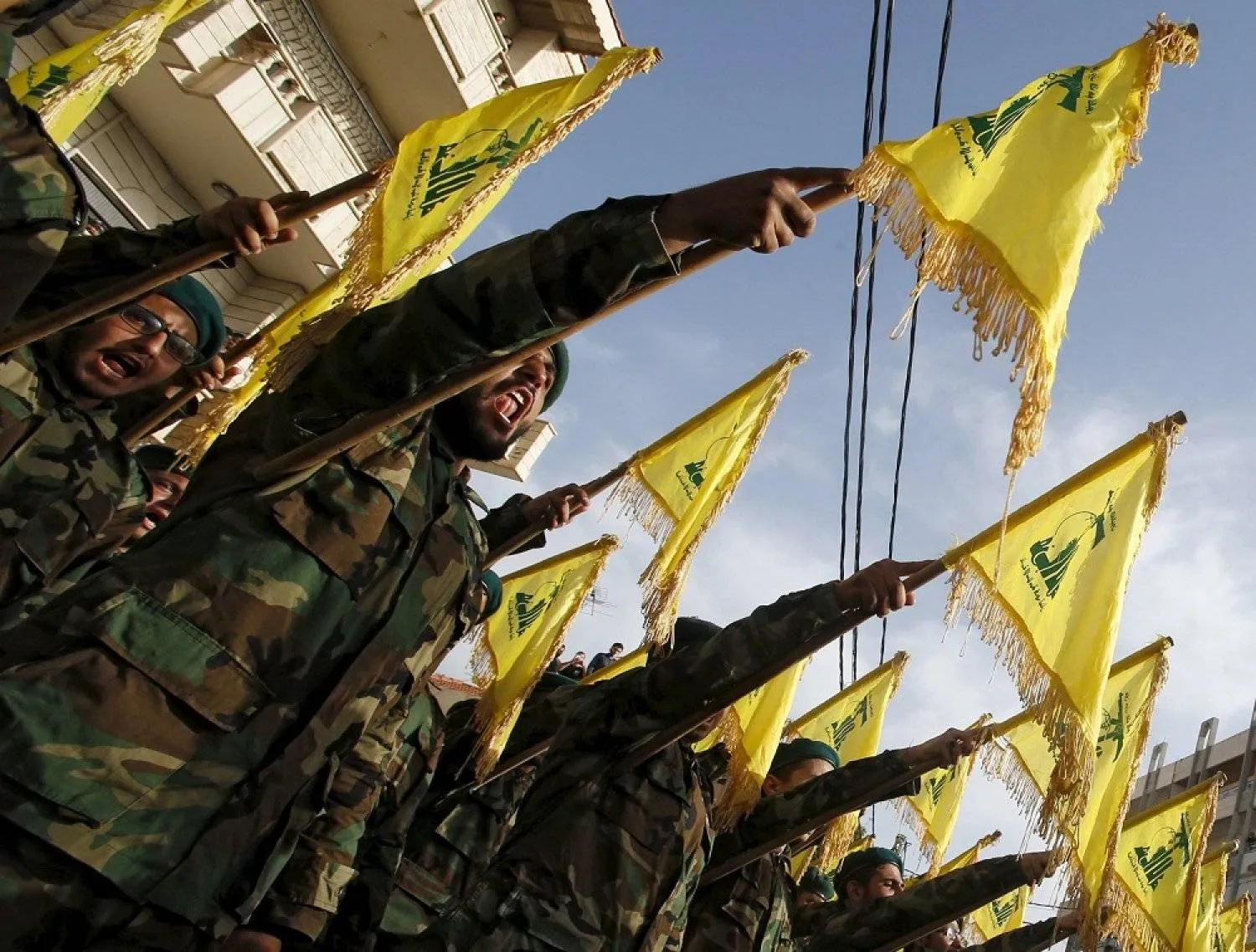Lebanon's Hezbollah on Friday released a video showing what appeared to be underground tunnels and large missile launchers, amid fears of all-out war between the Iran-backed group and Israel.
The polished, four-and-a-half minute video shows what appear to be Hezbollah operatives moving through wide, illuminated tunnels hewn into rock, with motorbikes and other vehicles, including a convoy of trucks.
Some trucks appear to be transporting missiles through the facility, which bears a sign reading "Imad 4", an apparent reference to top Hezbollah commander Imad Mughniyeh, who was killed in a 2008 Damascus car bombing the group blamed on Israel, AFP reported.
Titled "Our mountains are our storehouses", the video shows a trapdoor opening and a missile launcher directed skyward.
Hezbollah "possesses precision and non-precision missiles along with weapons capabilities so that if Israel imposes a war on Lebanon, Israel will face a destiny and reality it didn't expect any day," its chief Hassan Nasrallah is heard saying -- an excerpt from a 2018 speech.
The group has traded near daily fire with the Israeli army in support of ally Hamas since the Palestinian militant group's October 7 attack on Israel sparked the Gaza war.
But the killing of Hamas leader Ismail Haniyeh in Tehran late last month, blamed on Israel, and an Israeli strike that killed a top Hezbollah commander in Lebanon, has sent diplomats scrambling to avert a wider conflict, after Iran and Hezbollah vowed to retaliate.
"Targets are in our possession and the coordinates are in our hands, and these missiles are placed, deployed and focused on targets and in perfect secrecy," Nasrallah says in further audio excerpts subtitled in English and Hebrew.
Hezbollah's weapons, personnel, experience, and determination are "stronger than at any time since its launch in the region", he adds.
Hezbollah has expanded the size and quality of its arsenal since it last fought an all-out war with Israel in 2006.
Experts say the group has a wide range of unguided heavy artillery rockets, ballistic missiles, as well as anti-aircraft, anti-tank and anti-ship missiles.
They have also said Hezbollah likely has an extensive network of underground tunnels in south Lebanon, as well as in the eastern Bekaa valley near the border with Syria.
Mughniyeh is credited with developing Hezbollah's military capabilities, and the group considers him the architect of its "victory" over Israel in 2006.









